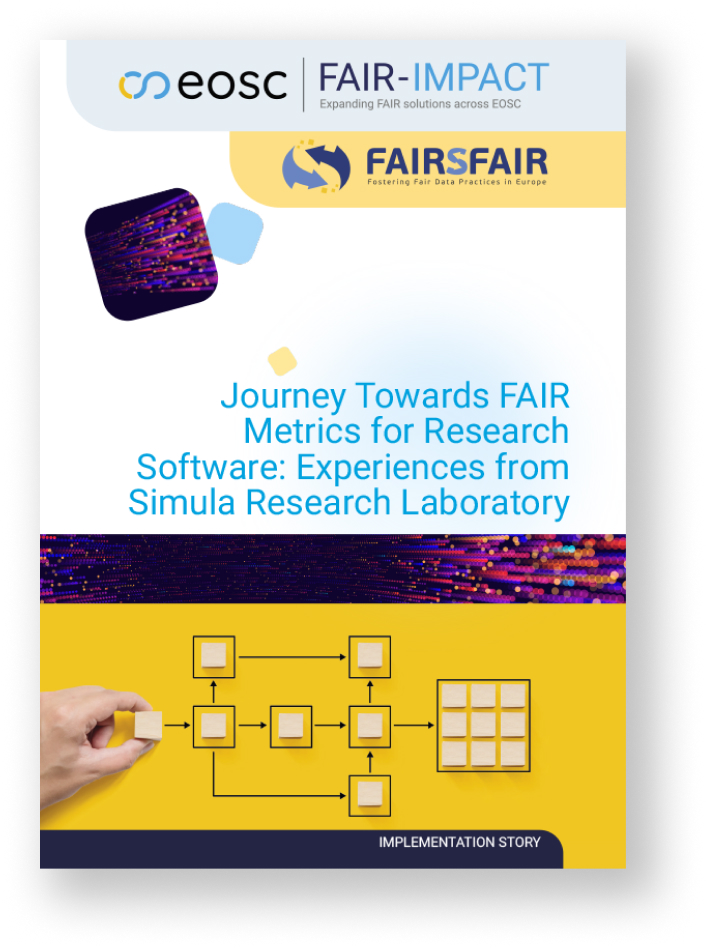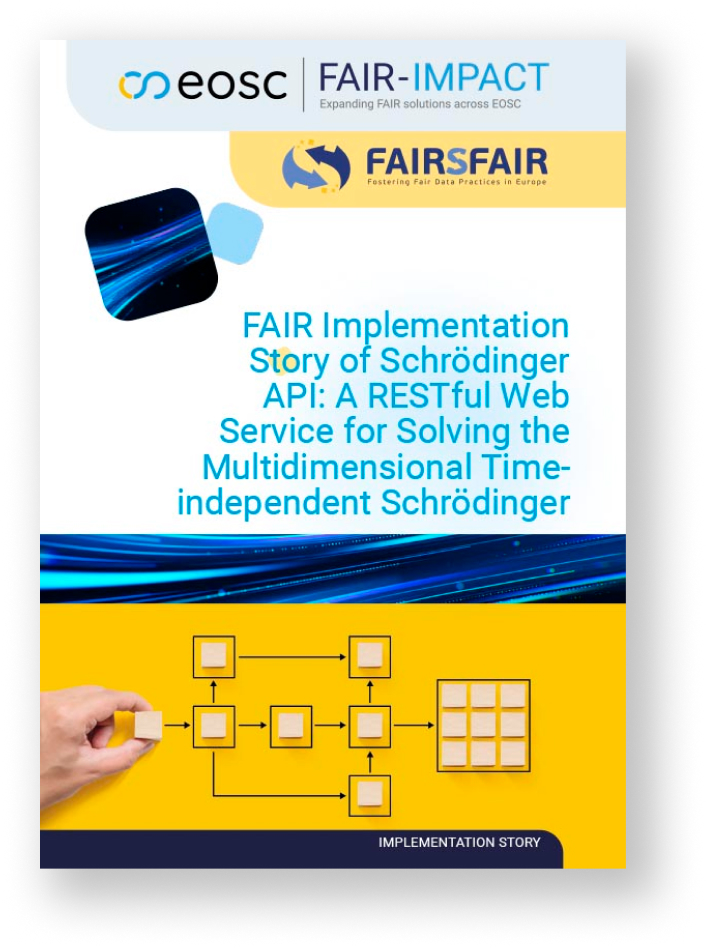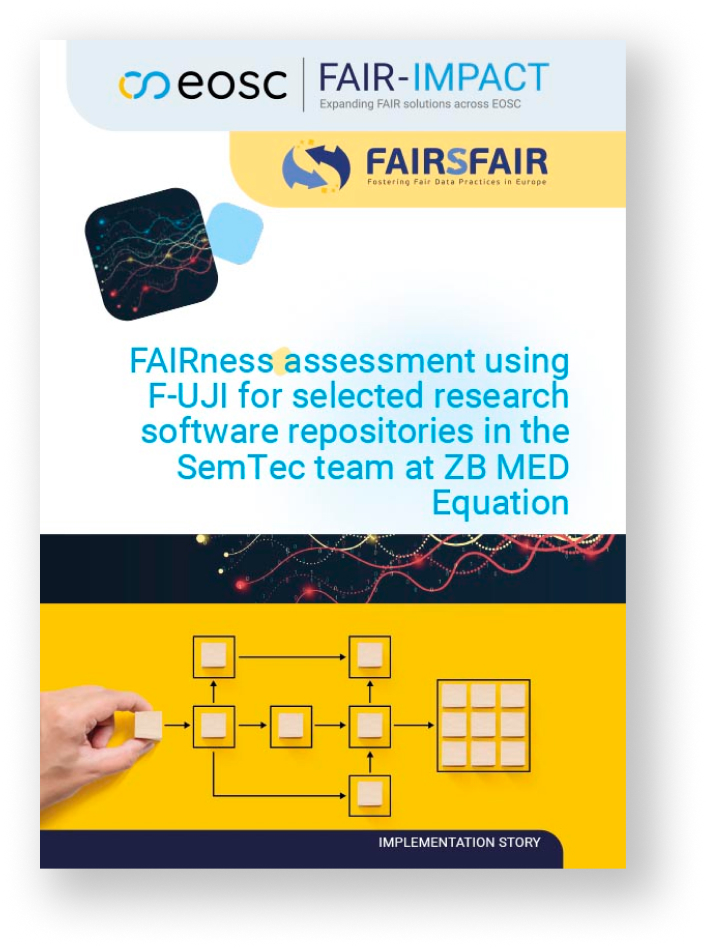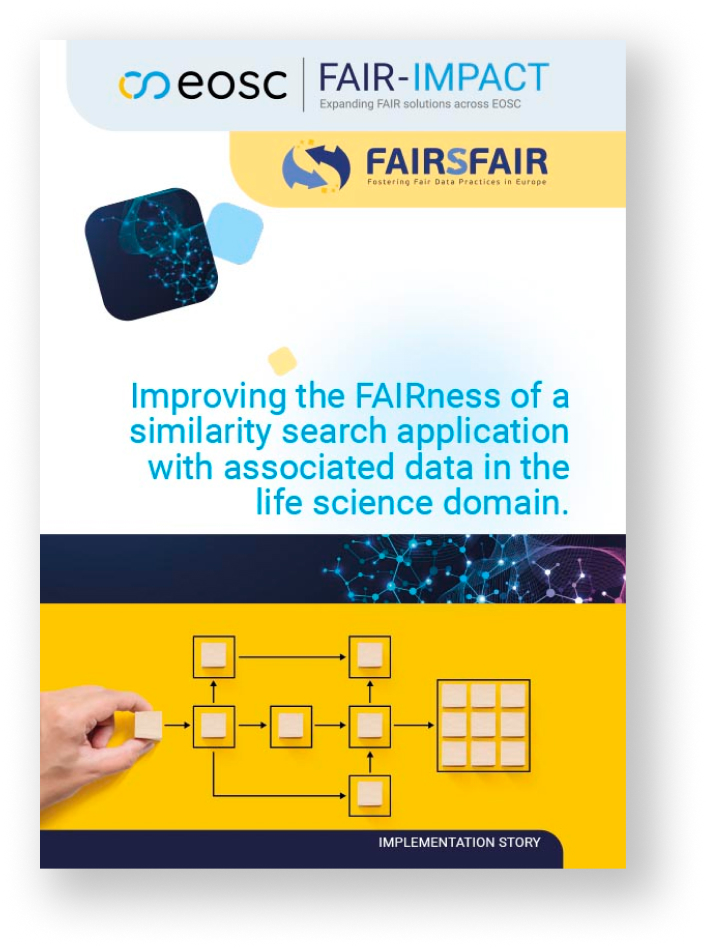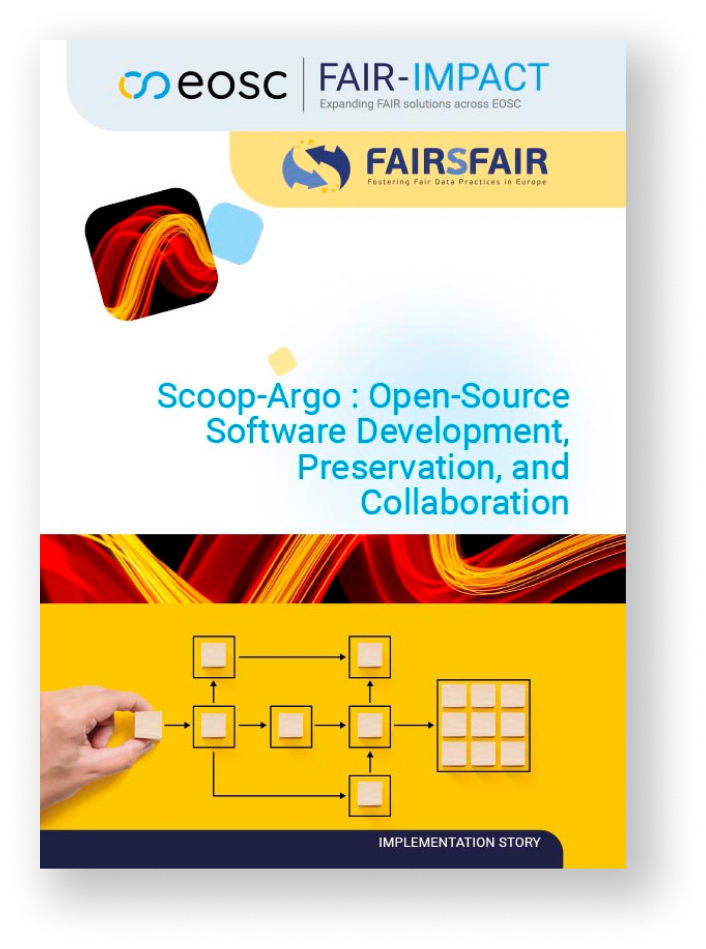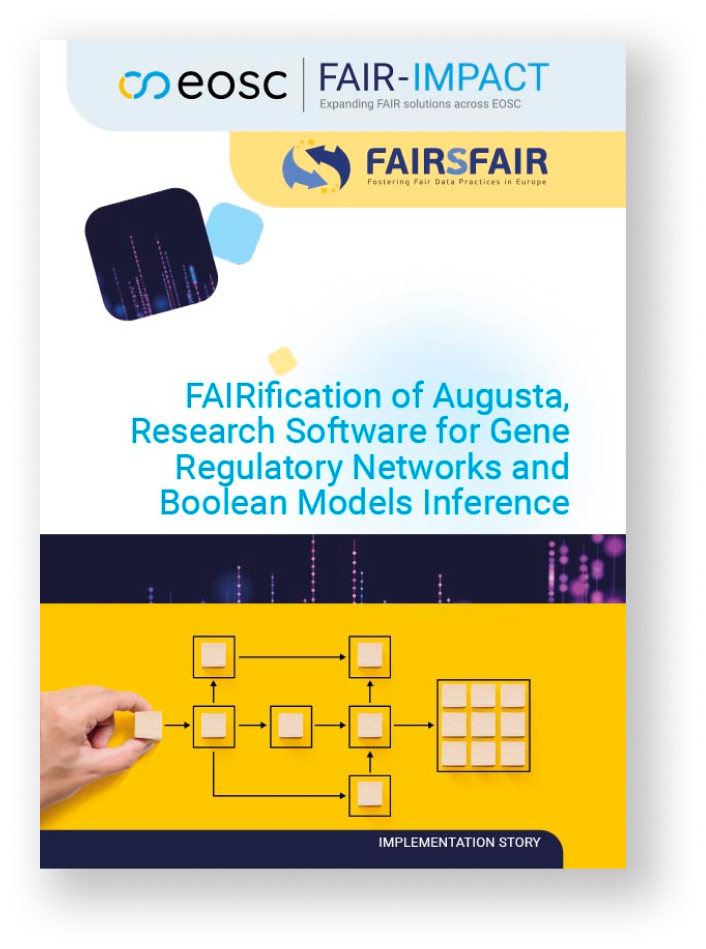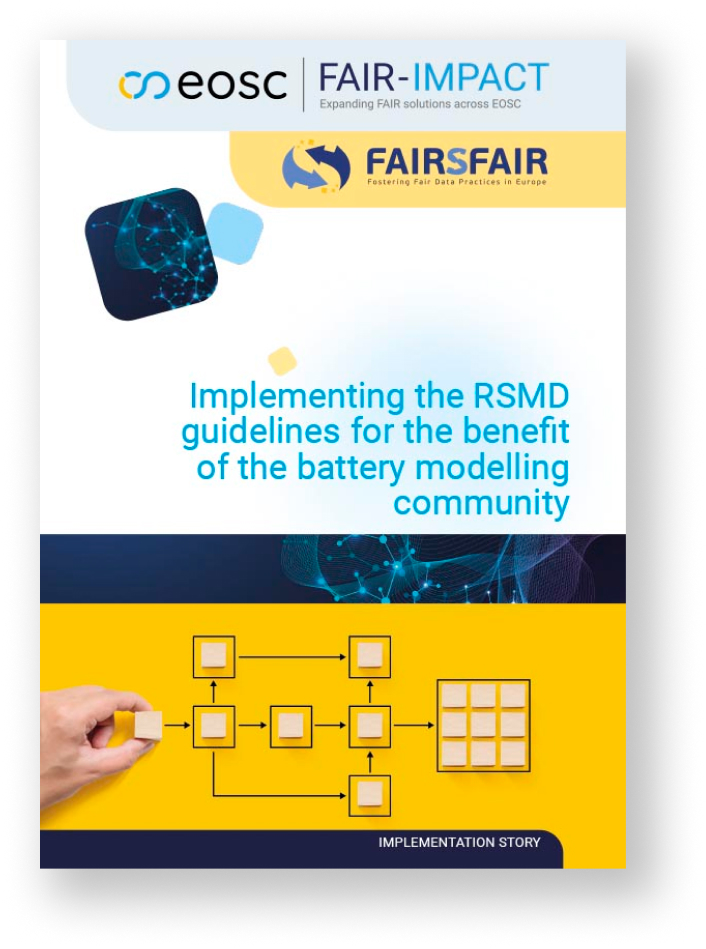Implementation & Adoption Stories
The FAIR-IMPACT Implementation stories illustrate good practices in research communities and organisations to support the implementation of the FAIR principles.
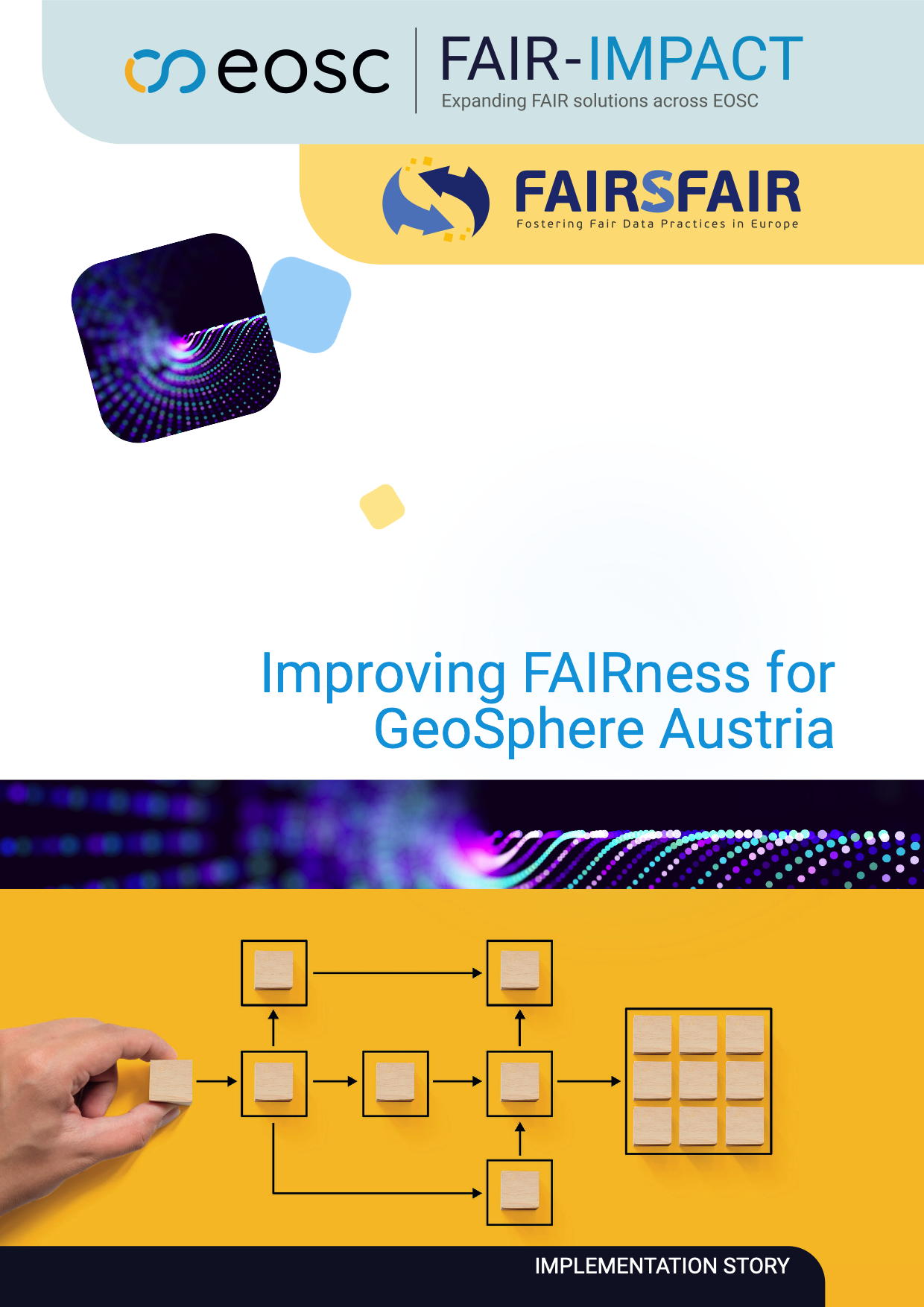
A team from GeoSphere Austria used F-UJI to assess and improve the FAIRness of their data repository.
FAIRness Assessment Challenge. During the 3-month challenge participants took part in three virtual workshops to self-assess and incrementally improve the FAIRness of their selected outputs. During the support action, participants benefited from interacting with a group of mentors representing the various FAIRness assessment tools and methods.
Authors:
Matthias Schwarz, GeoSphere Austria
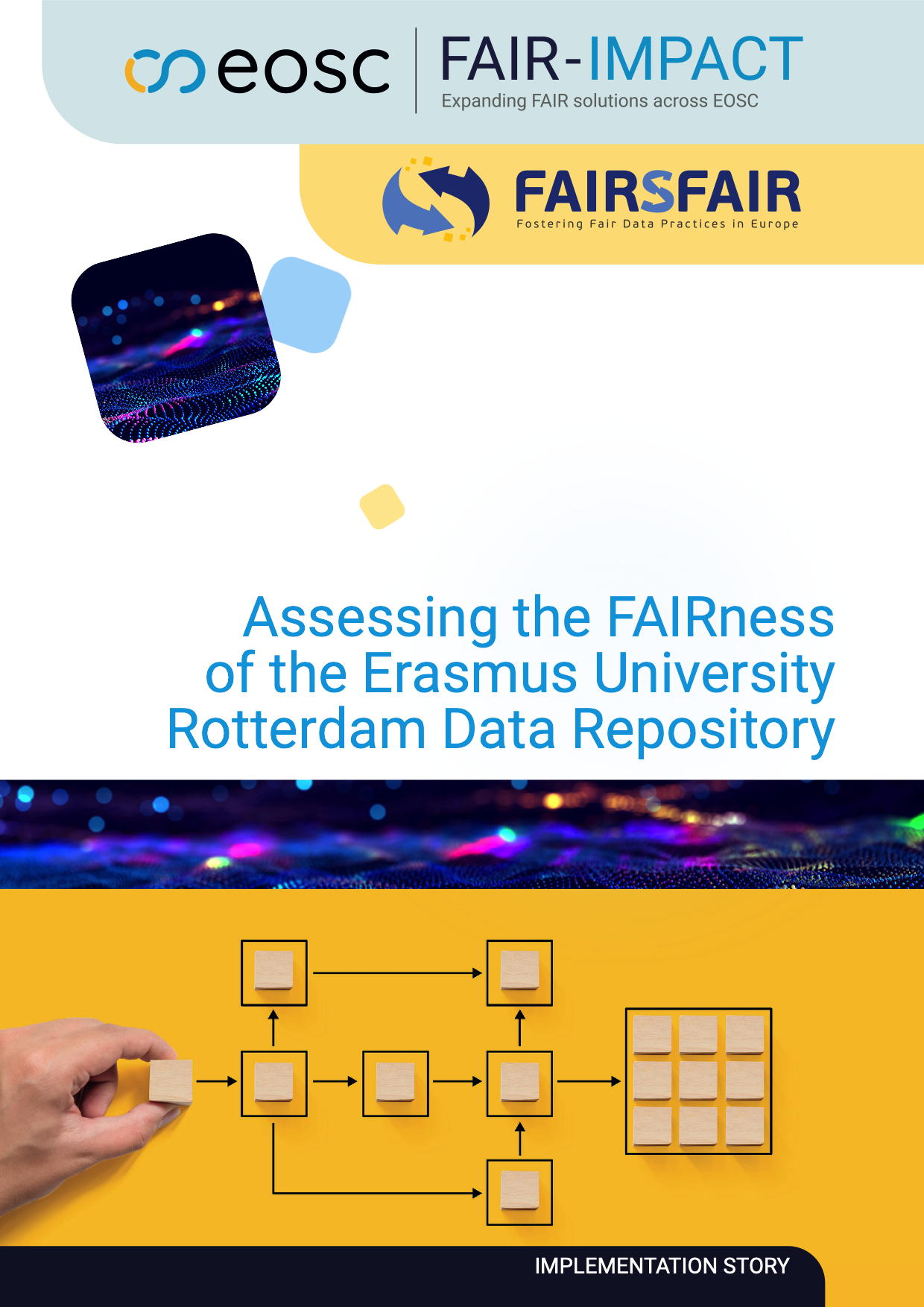
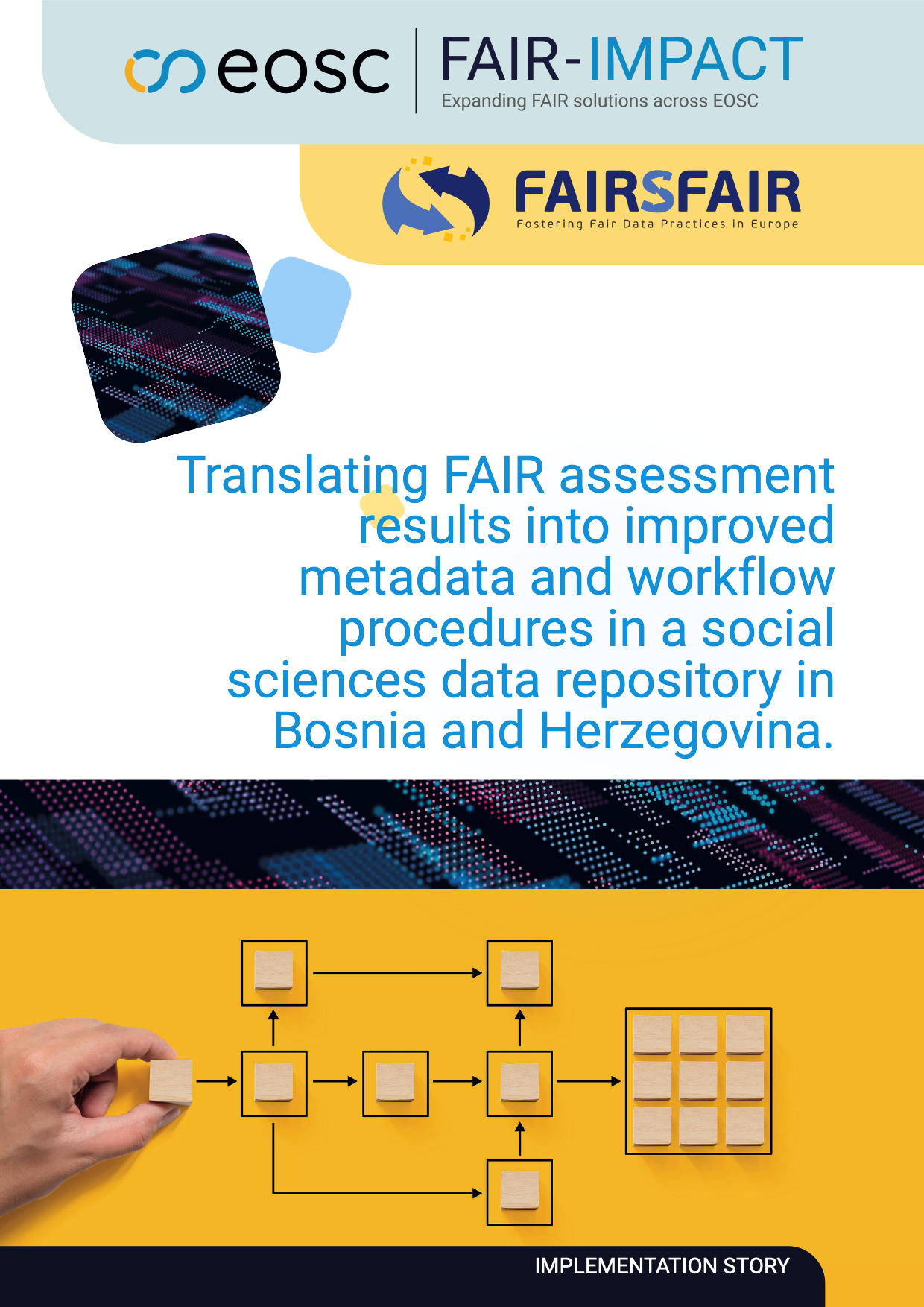
A coordinator of the Data Archive for Social Sciences in Bosnia andHerzegovina (DASS-BiH) used F-UJI and FDMM to assess the FAIRness of datasets in the catalogue, with the aim of translating the assessment results into practical actions and workflow procedures in the repository.
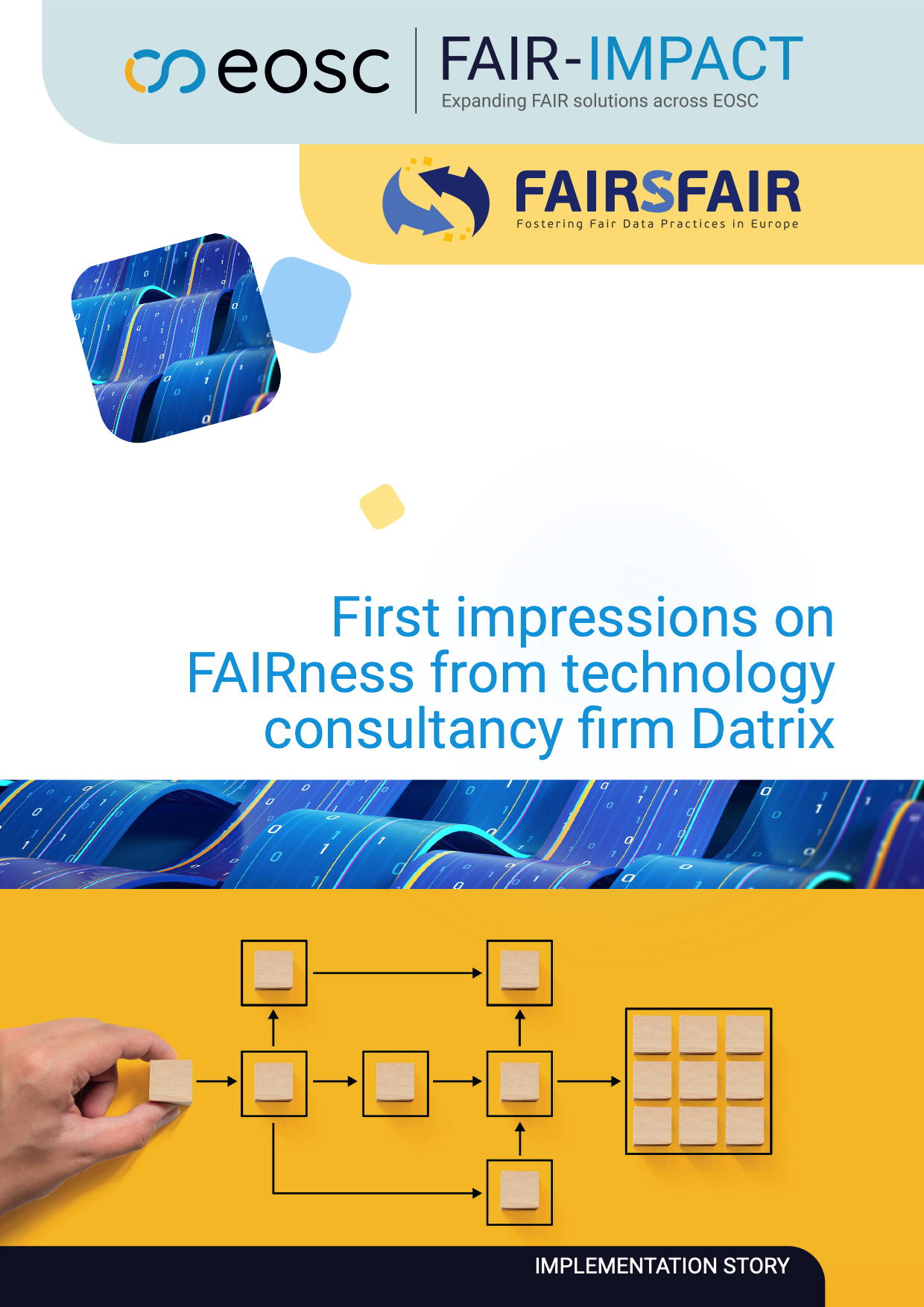
A team from the technology consultancy firm Datrix starts their FAIRness journey by testing the F-UJI tool for FAIRness assessment on some of their project datasets.
Authors:
- Matteo Bregonzio, Datrix S.p.A
- Alsu Shakirzyanova, Datrix S.p.A
- Clara Linés, Digital Curation Centre (DCC)
